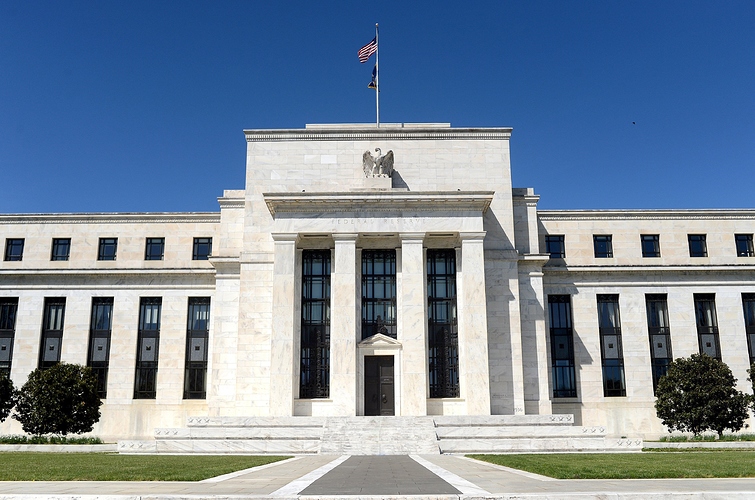At openDemocracy, Thomas H. Greco, educator and author of The End of Money and the Future of Civilization (2009), contemplates how enabling small-scale local economies to issue their own currency and credit might reduce our dependence on corporate banks and government treasuries. Greco argues that their exclusive power to create and distribute money is why banks exercise such vast control over our economy, or government, and our daily lives. But “decentraliz[ing] and democratiz[ing] the control of credit,” argues Greco, will lead to a more equitable and sustainable economy. Here’s an excerpt from his article:
Money today is essentially credit, and the control of our collective credit has been monopolized in the hands of a cartel comprised of huge private banks with the complicity of politicians who control central governments. This collusive arrangement between bankers and politicians disempowers people, businesses, and communities and enables the super-class to use centralized control mechanisms to their own advantage and purpose. It misallocates credit, making it both scarce and expensive for the productive private sector while enabling central governments to circumvent, by deficit spending, the natural limits imposed by its revenue streams of taxes and fees. Thus, there is virtually no limit to the amounts that are lavished on the machinery of war and domination.
In today’s world, banks get to lend our collective credit back to us and charge interest for it, while central governments get to spend more than they earn in overt tax revenues by relying on the banking system to monetize government debts as needed. These two parasitic drains on the economy—interest and the inflationary monetization of government debts—create a growth imperative that is destroying the environment, shredding the social fabric, and creating ever greater disparities of income and wealth.
Image: The US Federal Reserve building in Washington, DC. Via the Wall Street Journal.
